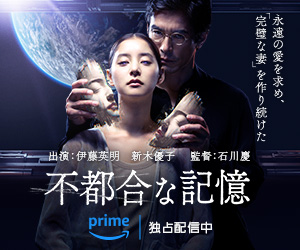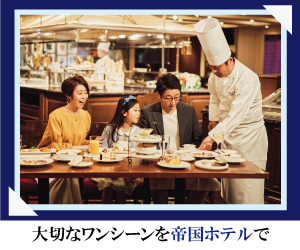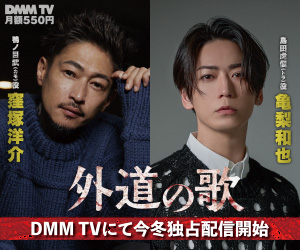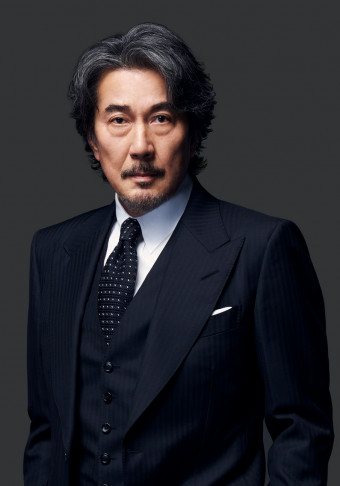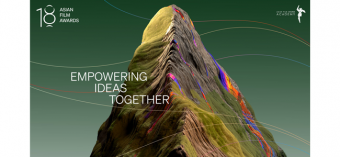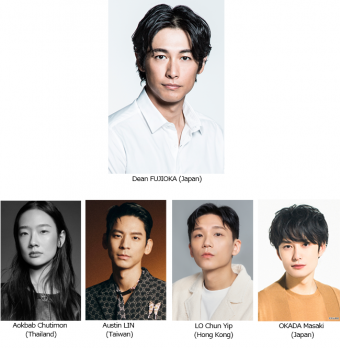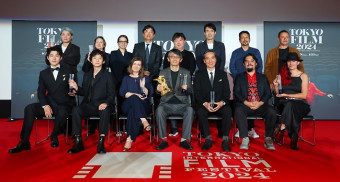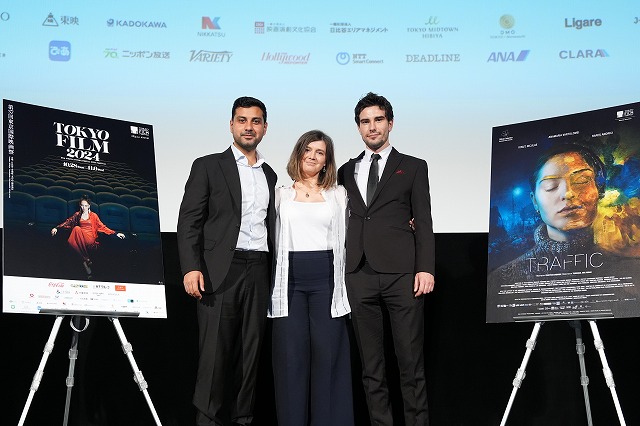
Romanian director Teodora Ana Mihai’s Traffic, which had its Asian premiere in the Competition section of the 37th Tokyo International Film Festival, is based on a true story that made world headlines in 2012. During a post-screening Q&A session on November 4, Mihai pointed out that she and her screenwriter, acclaimed director Cristian Mungiu, took many liberties with the original story as related in the press. “It was meant to be very symbolic,” she said. “It uses tragicomedy to reach an audience while making a profound point.”
In reality, three migrant workers from Romania broke into an art museum in Rotterdam and stole seven priceless paintings. In her film, Mihai anchors this tale in the fictional experience of a young woman, Natalia (Anamaria Vartolomei), who is the common-law wife of one of the thieves. Like many Romanians, Natalia has traveled north to do menial work — some of it legal, some of it not — and is blatantly exploited in the process, not only by the Dutch but by the Romanian system that recruits and dispatches her. By placing the museum heist within the context of intra-EU migrant work programs, Mihai is able to make a bold and clear comment on the economic inequality that benefits those who already hold all the advantages in society.
In that regard, as explained by TIFF moderator Yasuda Yuko, Traffic is of a piece with Mihai’s two previous feature films, the documentary Waiting for August and the Mexico-set narrative feature La Civil (2021 TIFF Special Jury Prize winner), both of which focused on motherhood as a central theme. In Traffic, Natalia and her partner, Ginel (Ionuț Niculae), have a young daughter who lives with her paternal grandmother in their impoverished village back in Romania, and the main reason for their taking jobs in the Netherlands is to provide her with a better life than the ones they’ve had. “I have a fixation on parents,” Mihai admitted. “Mothers in my work have strong characters in that they will go through anything in life to be there for their children.”
One woman in the audience noted that the museum exhibition from which the paintings were stolen addressed the theme of colonialism. “I would need 20 hours to talk about that idea,” said the director. “The guilt of colonialism is something that western Europe will always have to bear. But it remains. Our movie depicts a new kind of slavery, which, of course, was a colonial practice.”
The same audience member also asked how Mungiu, who is often credited with sparking a Romanian cinema renaissance, became involved with the film. “My collaboration with Cristian started about 10 years ago after my first film came out,” said Mihai. “It was about underage children and a mother who was working in Italy. Cristian loved it and introduced himself to me, and I asked him to help with La Civil, which he did, and it did very well, winning a prize at Cannes. So he proposed a collaboration that I could not refuse and wrote the script for Traffic.”
Turning to the actors who were on hand for the Q&A, Yasuda commented that Ginel seemed very different from Niculae, since Ginel, though not a bad person, makes bad judgments. “As actors our job is to play someone else,” said Niculae. “This was my first major role and I thank Teodora for choosing me. I tried to be true to the moment with my acting partners and find a balance to be in control of that moment. And it was sometimes difficult, yes.”
Yasuda pointed out that Iță, a “manipulative sociopath,” had masterminded the robbery, and actor Rareș Andrici seemed delighted by the characterization. “It was a lot of fun,” he said about the performance. “In my real life I’m not a bully, though I was bullied as a child, so in a way it was therapeutic because you come to understand how trauma affects you. But acting is about doing things that you wouldn’t do in real life, so it’s fun to explore those dark parts.”
Another audience member complimented the film’s detailed realism and wondered what kind of research the director had done to achieve it. Mihai said that her research was her own life. “I’m an immigrant daughter,” she said. “My parents emigrated from Communist Romania when I was very young, so I grew up with one foot in the East and one in the West. We were in Antwerp during [Belgium’s] far-right domination, characterized by a lot of hate speech [toward immigrants]. I would go to the mailbox every day and there were these pamphlets saying ‘Throw the garbage out.’ My parents experienced that more than I did. Despite their educated backgrounds, they could not find work in their fields and suffered a lot of injustice.”
Eventually, the topic of the stolen paintings came up. The fate of these works, which included a Picasso and a Monet, has never been officially confirmed, though it is believed they were destroyed. Because the script purposely contrasts the abject poverty of the village where Natalia, Ginel and Iță grew up with the bourgeois airs of the museum officials, as well as those of Romanian law enforcement officials who endeavor to save face for their country by joining in the investigation, the paintings’ reputation as being “priceless” and their loss an immense tragedy for the world comes across as patronizing and trivial. Mihai implied that it was the intention. She said that if you watch the ending carefully it’s not clear whether the paintings were destroyed. “We decided to play around with the theory that they were.”
In that spirit, Mihai herself had a question for the audience. She asked everyone in attendance if they thought the ending was “hopeful or tragic.” A show of hands indicated that there was a clear 50-50 split. “The mood of Traffic is pessimistic,” she said after surveying the auditorium. “Worldwide, there is this shift of power to the right, with people becoming less tolerant of others. But we have to leave something to the new generation, like Natalia’s daughter in the movie, who, by the way, was played by my own daughter. They are waiting for something positive, and I want them to have it.”
Q&A Session: Competition
Traffic
Guests: Teodora Ana Mihai (Director), Ionuț Niculae (Actor), Rareș Andrici (Actor)














